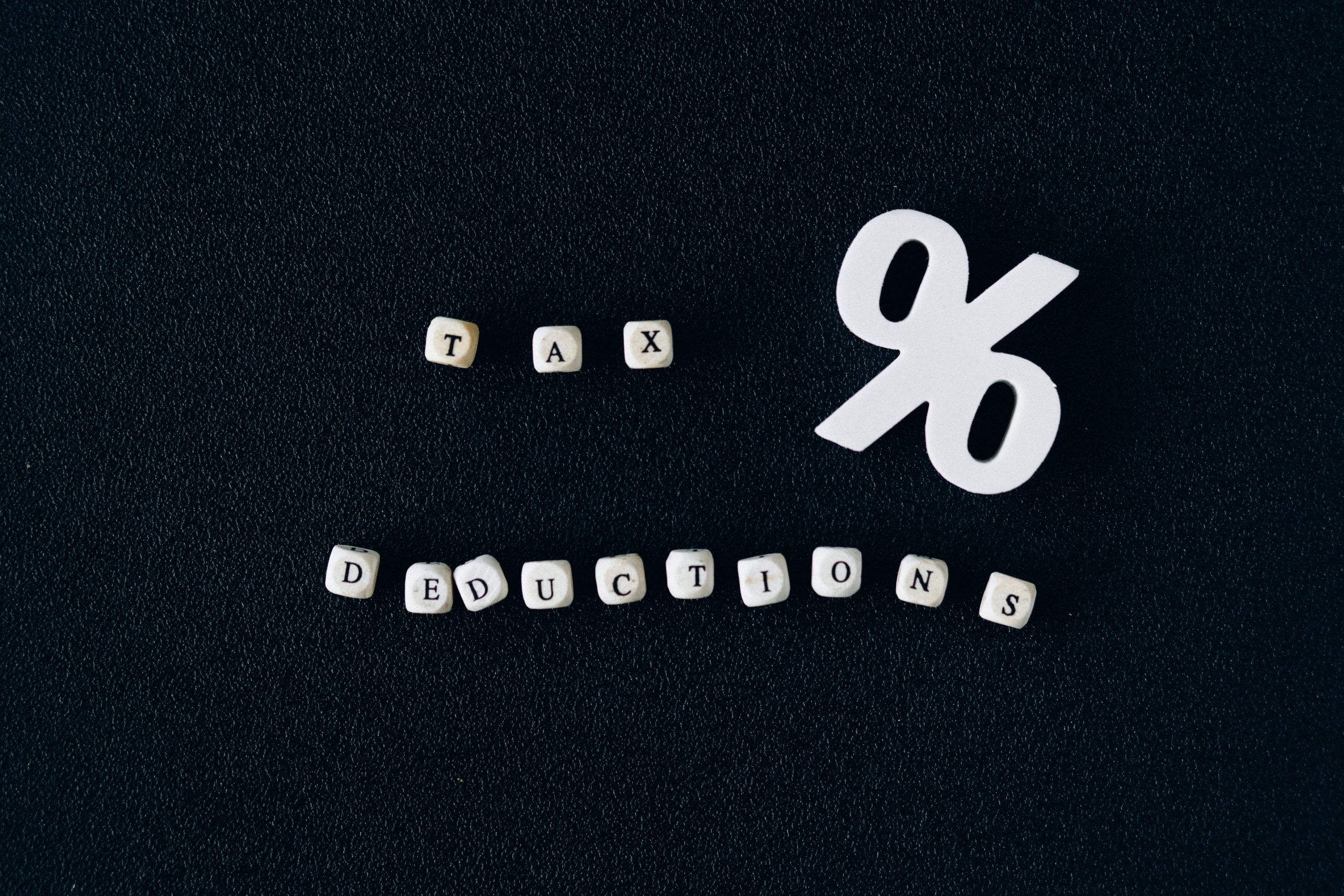With the income tax season upon us, cryptocurrency holders are scrambling to determine how much they will be taxed on their crypto gains. As per the Canada Revenue Agency (CRA), Canadian taxpayers are liable for paying taxes on their crypto (such as bitcoin) as either capital gains or income tax, depending on whether their activity is personal or business. For the former, 50% of your capital gains will be taxable, while, for the latter, 100% of your business income will be eligible for taxation.
How Does The Canadian Revenue Agency View Bitcoin?
As per Canada’s regulatory authorities, cryptocurrencies such as Bitcoin don’t count as money or currency. In 2014, the Bank of Canada officially stated that bitcoin and other cryptocurrencies fail to meet the definition of money. Similarly, in 2013, the Canada Revenue Agency clarified that cryptocurrencies are commodities and not legal tender. As such, the tax rules concerning barter arrangements will be the ones that govern Bitcoin or any other crypto transactions.
For example, suppose a vendor accepts crypto as a payment for providing goods or services. In that case, they must include the fair market value of those goods or services (in CAD) in their business income since the rules of barter transactions will apply.
According to the CRA, the following events will result in taxable consequences:
- The investor sells off their crypto holdings for fiat.
- The investor engages in a crypto-to-crypto trade (eg. using BTC to buy another crypto).
- The investor uses their crypto to buy or pay for goods or services.
- The investor is making a sale or gift of crypto.

Capital Gains vs Business Income
As previously mentioned, the gain or loss from a Bitcoin transaction is either treated as:
- Income or loss from business or property
- Capital gain or loss.
Understanding the difference between the two is extremely important since they have profound tax implications. Classifying a bitcoin transaction as business or personal income can become especially tricky. Transactions such as trading, investing, and speculating may straddle the thin line between business income and capital gain.
One of the more famous examples of this ambiguity is crypto mining. A person who mines Bitcoin can either be thought of as acquiring a capital property or earning business income. The CRA treats this on a case-by-case basis. Here are some points to keep in mind about mining taxation:
- If a user’s mining activities are thought of as capital, their adjusted cost base would be BTC’s price at the acquisition time.
- If mining activities are thought of as earning business income, the user’s income will be BTC’s fair market value when they successfully mined the coin.
- If the miner sells their freshly minted BTC for a price greater than its price during discovery, the excess is included in business income.
- Miners need to spend a considerable amount of their computing resources to mine BTC. The amount of money the miner spends during mining could be considered as deductible business expenses.
Whatever be the case, please make sure that you consult a tax professional to know whether your mining activities fall under a hobby or profession.
Working Example Of How The Bitcoin Tax Process Works In Canada
Note: We will be describing a capital gain scenario.
Let’s take a very basic example to understand how this works. Let’s say you purchased $1,000 worth of Bitcoin and sold it for $1,500, making a $500 profit. In this case, 50% of the profits (500*50% = $250) will be taxable. As such, you will need to include $250 on your personal income tax return.
Now, let’s look at the flipside. Suppose you purchased $1,000 worth of Bitcoin and the market then went for a bit of a tumble. You end up selling BTC for $500, incurring losses of $500. In this case, you will report a capital loss of $250 (500*50% = $250). The taxpayer could use this amount to reduce the income tax you owe.
Having said that, there is a major disclaimer here. The frequency of these transactions is a significant factor. If you are buying and selling these coins very fast without any “holding period” in-between, the CRA will consider them as business transactions and not personal.

To Capital Gain or not To Capital Gain? The Legal POV Of Bitcoin Income
Canadian courts have released a wide range of factors that determine whether or not the capital gains and losses made from a bitcoin transaction count as personal or business income. These factors are:
- Transaction frequency: Does the taxpayer have a history of repeatedly buying and selling Bitcoins to profit?
- Ownership period: Are the Bitcoins owned for a short or long period?
- Knowledge: Is the taxpayer knowledgeable about the crypto markets?
- Relationship to their work: Are the Bitcoin transactions integral to the taxpayer’s business?
- Time spent studying: Is a significant part of the taxpayer’s time spent in studying the Bitcoin and crypto market?
- Financing: Is the taxpayer purchasing Bitcoins via some form of debt?
- Advertising: Has the taxpayer advertised or, in some form, made it known to others that they are willing to purchase Bitcoins?
Do I Need To Pay GST/HST For My Bitcoin Transactions?
The CRA has clarified that if a particular party receives Bitcoin or other cryptocurrencies in exchange for goods and services, they must also collect Goods and Services Tax/Harmonized Sales Tax (“GST/HST”)
“In those transactions where a taxable supply of a good or service is made and the consideration for that supply is Bitcoins, the consideration for the supply is deemed to be equal to the fair market value of the Bitcoins at the time the supply is made for the purposes of determining the GST/HST payable for the supply.”
As of now, it hasn’t been made clear if Bitcoins purchased using Canadian dollars are exempt from GST/HST under the Excise Tax Act. The Act usually exempts GST/HST from financial services which include “the exchange, payment, issue, receipt or transfer of money.” However, this where the law gets a little murky since the CRA asserts that BTC doesn’t meet the legal definition of money.
Best Practices To Follow For Bitcoin Tax in Canada

At the end of the day, you need to do what’s in your best interest. Tax evasion is illegal and failing to provide a comprehensive report on your capital gains and losses could have devastating consequences. At the very least, you will be assessed with interest and be charged with a 50% Gross Negligence Penalty. At worst, you could be charged with Tax Evasion. Here are some best practices to follow when reporting taxes.
- As mentioned before, time can be a major factor in determining whether your trades are personal or business. The CRA treats gains earned from Bitcoins sold shortly after acquiring as business income. Hold on to your crypto for a longer period for the CRA to treat the gains as personal income.
- The pseudonymous nature of cryptocurrency transactions can give you a false sense of security. However, do keep in mind that exchanges are, by law, expected to keep your records and usernames. The IRS in the United States has already received legal authority to access personal records in crypto exchanges. The CRA also has the legal authority to access such information from exchanges and crypto trading platforms. Plus, once anyone gets to know your public address, they can easily track all your transactions due to the blockchain’s transparent nature.
- By law, you are expected to keep clear records of all your trades. If you haven’t kept the records, you will need to make educated guesses of the values. Plus, also remember that without adequate documentation, the CRA may over-assess you or neglect your losses. We will extend on this point in the next section.
Records You’re Expected To Keep
As per the CRA, you are expected to maintain the following records on your cryptocurrency transactions:
- Date of transactions.
- Receipts of purchase or transfer of cryptocurrency.
- The fair market value of the crypto in Canadian dollars at the time of transaction.
- Cryptocurrency wallet records and crypto addresses.
- Description of the transaction and the other party involved in it.
- Exchange records of the particular user.
- Accounting and legal costs.
- The software costs related to managing these tax affairs.
If you happen to be a miner, then you must maintain the following records as well:
- Receipts for the purchase of cryptocurrency mining hardware
- Receipts to support the expenses associated with mining operations, such as power costs, mining pool fees, hardware specifications, maintenance costs, hardware operation time, etc.
- Mining pool details and records.

Disclaimer: No Investment Advice The contents of this article are for informational purposes only and are not intended as, and shall not be understood or construed as, investment advice, financial advice or trading advice. There are substantial risks associated with the trading of cryptocurrencies and you should consult with a licensed financial advisor prior to making any trading or investment decisions. Content Not Warranted The contents of this article are provided “as is” and without warranties of any kind. You bear all risks associated with the use of the content provided including without limitation, any reliance on the accuracy, completeness or usefulness of any content available within this article.
Follow us on social


